Emotion processing
Recent articles
The case for redefining ‘theory of mind’: Q&A with François Quesque
In a new commentary, Quesque and 44 experts in neuroscience and psychology propose a standardized lexicon for research on the attribution of mental states.

The case for redefining ‘theory of mind’: Q&A with François Quesque
In a new commentary, Quesque and 44 experts in neuroscience and psychology propose a standardized lexicon for research on the attribution of mental states.
Ketamine targets lateral habenula, setting off cascade of antidepressant effects
The drug’s affinity for overactive cells in the “anti-reward” region may help explain its rapid and long-lasting results.
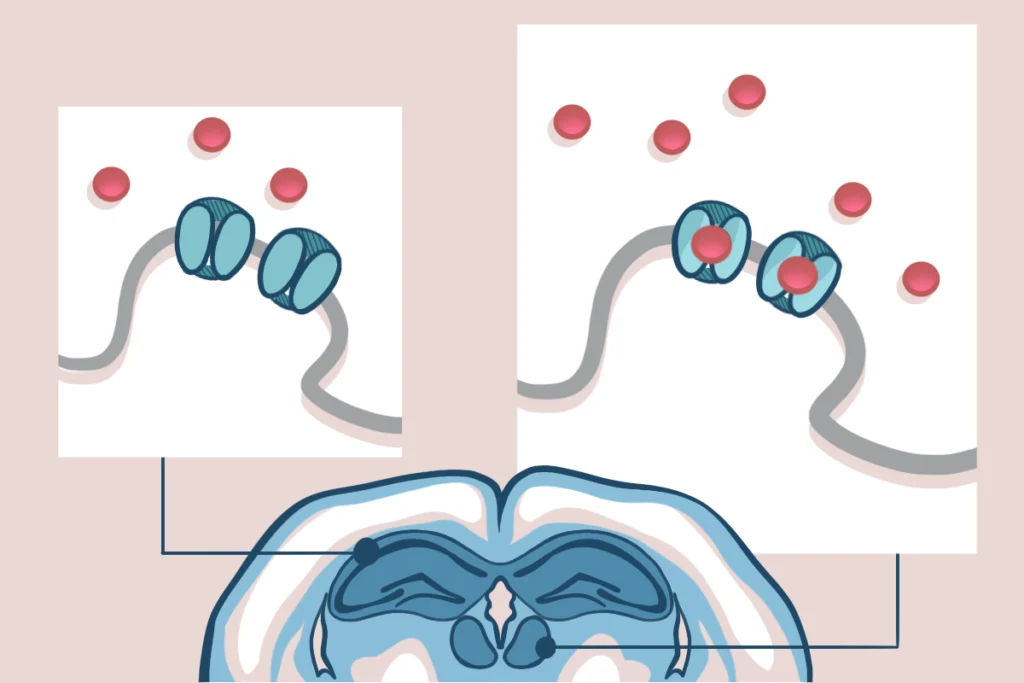
Ketamine targets lateral habenula, setting off cascade of antidepressant effects
The drug’s affinity for overactive cells in the “anti-reward” region may help explain its rapid and long-lasting results.
Temperament is innate but hackable, animal studies suggest
Emotional reactivity and vulnerability to stress are largely inherited in rodents — but can be modified in early life by targeting inflammation-related cells or even just adjusting an animal’s environment.
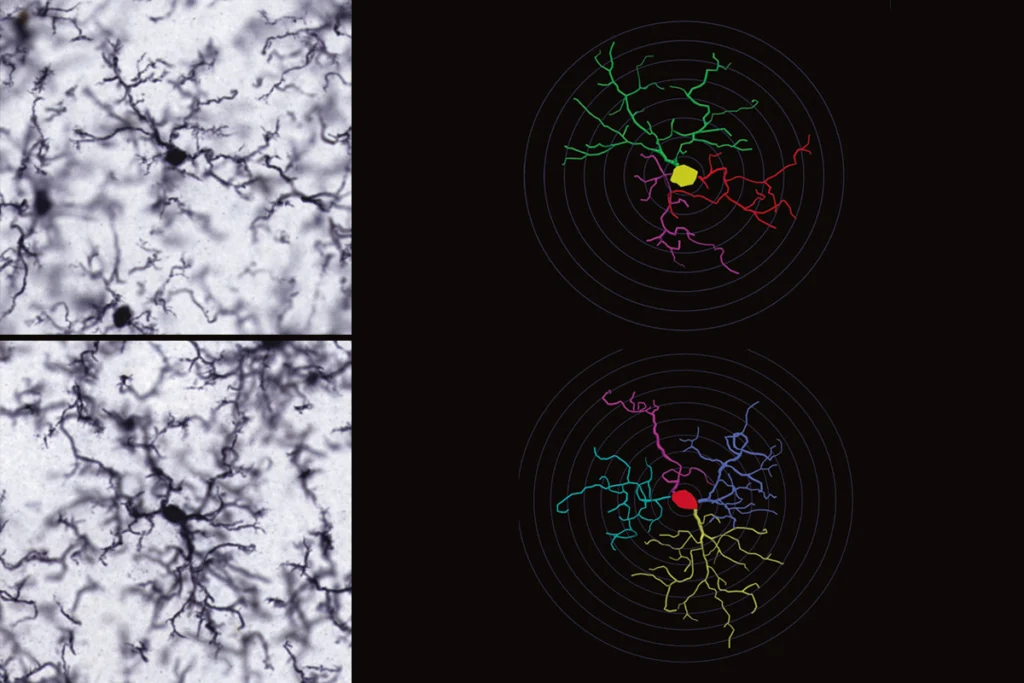
Temperament is innate but hackable, animal studies suggest
Emotional reactivity and vulnerability to stress are largely inherited in rodents — but can be modified in early life by targeting inflammation-related cells or even just adjusting an animal’s environment.
Autism research hits the road
Some scientists are thinking creatively about how to collect data in flexible environments and meet communities where they’re at.
Autism research hits the road
Some scientists are thinking creatively about how to collect data in flexible environments and meet communities where they’re at.
Amygdala-linked brain areas grow differently in autism
The growth differences vary between autistic boys and girls and are most apparent among children with prominent social difficulties.
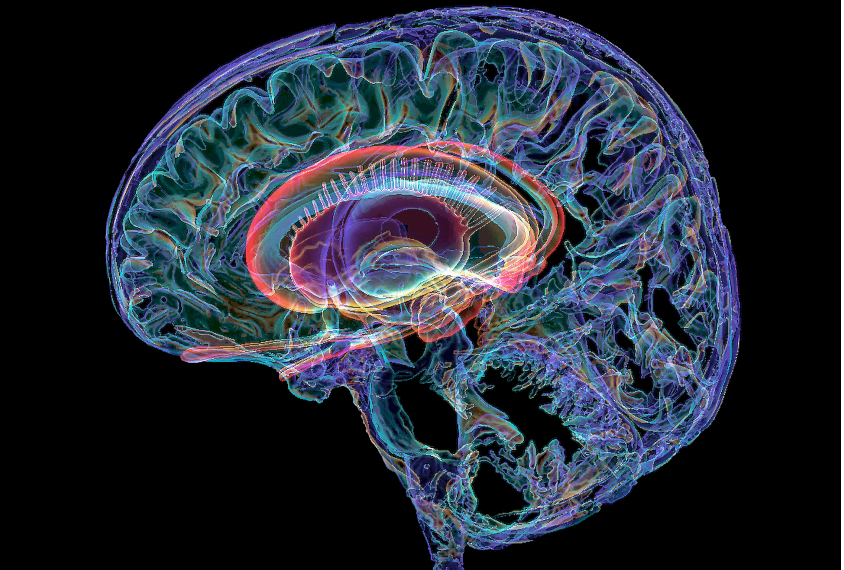
Amygdala-linked brain areas grow differently in autism
The growth differences vary between autistic boys and girls and are most apparent among children with prominent social difficulties.
Null and Noteworthy: Halted vasopressin trial, intact visual memory, a new way to study emotions
In this edition of Null and Noteworthy, a large clinical trial goes sideways, while memory and emotions hold up.
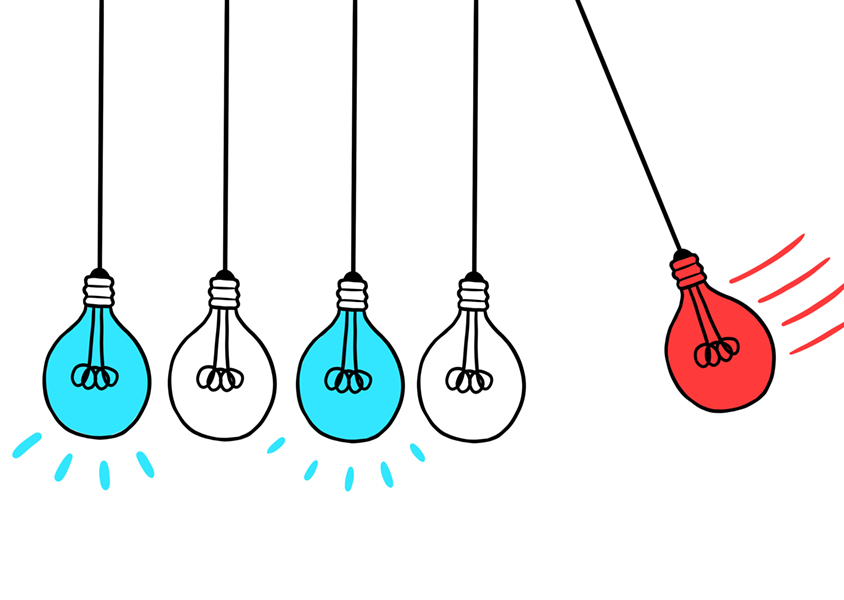
Null and Noteworthy: Halted vasopressin trial, intact visual memory, a new way to study emotions
In this edition of Null and Noteworthy, a large clinical trial goes sideways, while memory and emotions hold up.
How an understudied trait has skewed autism studies for decades
Many autistic people have a little-known trait called alexithymia, defined as having difficulty identifying one's own emotions. New research suggests that the overlap has been confounding studies of emotional issues in people with autism for decades.
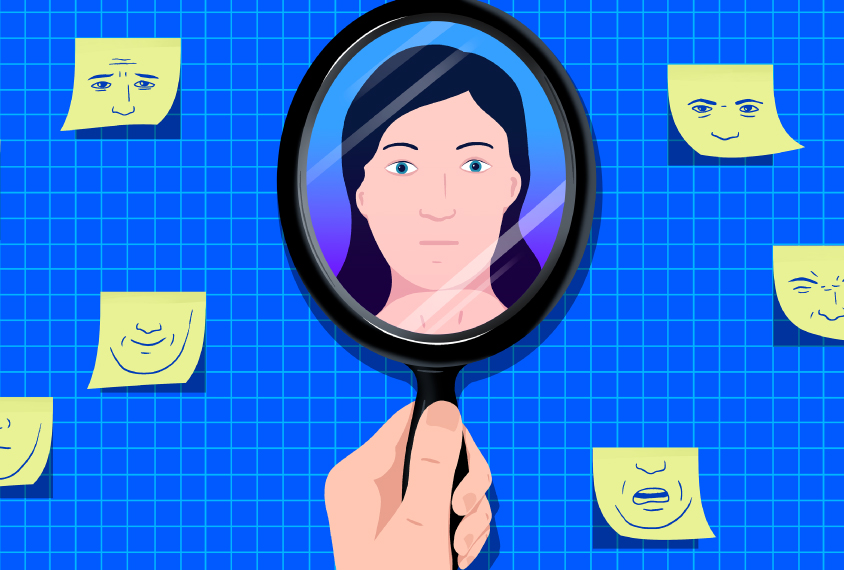
How an understudied trait has skewed autism studies for decades
Many autistic people have a little-known trait called alexithymia, defined as having difficulty identifying one's own emotions. New research suggests that the overlap has been confounding studies of emotional issues in people with autism for decades.
Inflexible thinking in adolescence linked to emotional, behavioral issues in adulthood
Treating cognitive inflexibility — for example, by practicing problem-solving — might help ease anxiety and depression in autistic people.

Inflexible thinking in adolescence linked to emotional, behavioral issues in adulthood
Treating cognitive inflexibility — for example, by practicing problem-solving — might help ease anxiety and depression in autistic people.
Alexithymia, not autism, may drive eye-gaze patterns
How autistic people look at a face may be linked more to alexithymia, a condition marked by difficulties recognizing one's own emotions, than to autism.

Alexithymia, not autism, may drive eye-gaze patterns
How autistic people look at a face may be linked more to alexithymia, a condition marked by difficulties recognizing one's own emotions, than to autism.
The benefits of special interests in autism
Researchers are studying how the intense passions of autistic people shape the brain, improve well-being and enhance learning.
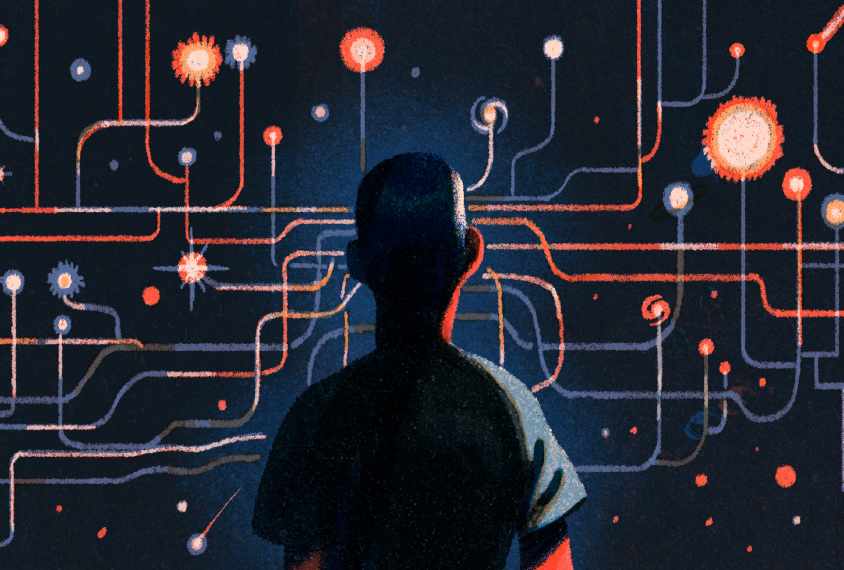
The benefits of special interests in autism
Researchers are studying how the intense passions of autistic people shape the brain, improve well-being and enhance learning.
Explore more from The Transmitter
PTEN problems underscore autism connection to excess brain fluid
Damaging variants in the autism-linked gene cause congenital hydrocephalus—a buildup of cerebrospinal fluid in the brain—by turbocharging a downstream signaling pathway that promotes the growth of cells, according to a new study.

PTEN problems underscore autism connection to excess brain fluid
Damaging variants in the autism-linked gene cause congenital hydrocephalus—a buildup of cerebrospinal fluid in the brain—by turbocharging a downstream signaling pathway that promotes the growth of cells, according to a new study.
U.S. health agency purge includes 10 lab heads at National Institute of Neurological Disorders and Stroke
The reasons for selecting these researchers—who have led work on neuronal migration, dopamine receptors in neuronal signaling and the structure of ion channels, among other areas—remain unclear.

U.S. health agency purge includes 10 lab heads at National Institute of Neurological Disorders and Stroke
The reasons for selecting these researchers—who have led work on neuronal migration, dopamine receptors in neuronal signaling and the structure of ion channels, among other areas—remain unclear.
Five things to know if your federal grant is terminated
If you want to appeal the decision, know the rules that govern terminations, as well as the specific rationale given in your notice, science policy experts say.

Five things to know if your federal grant is terminated
If you want to appeal the decision, know the rules that govern terminations, as well as the specific rationale given in your notice, science policy experts say.